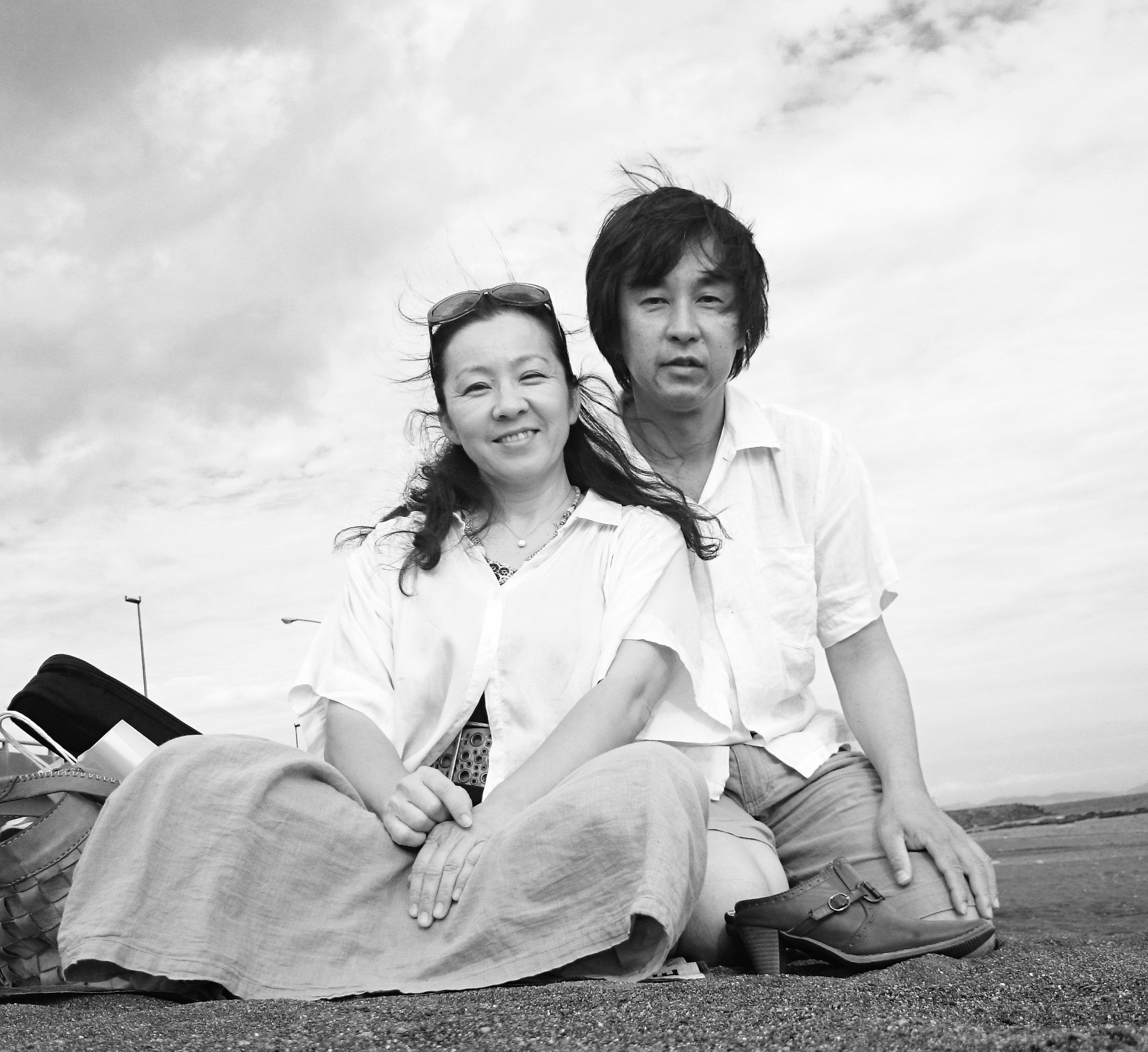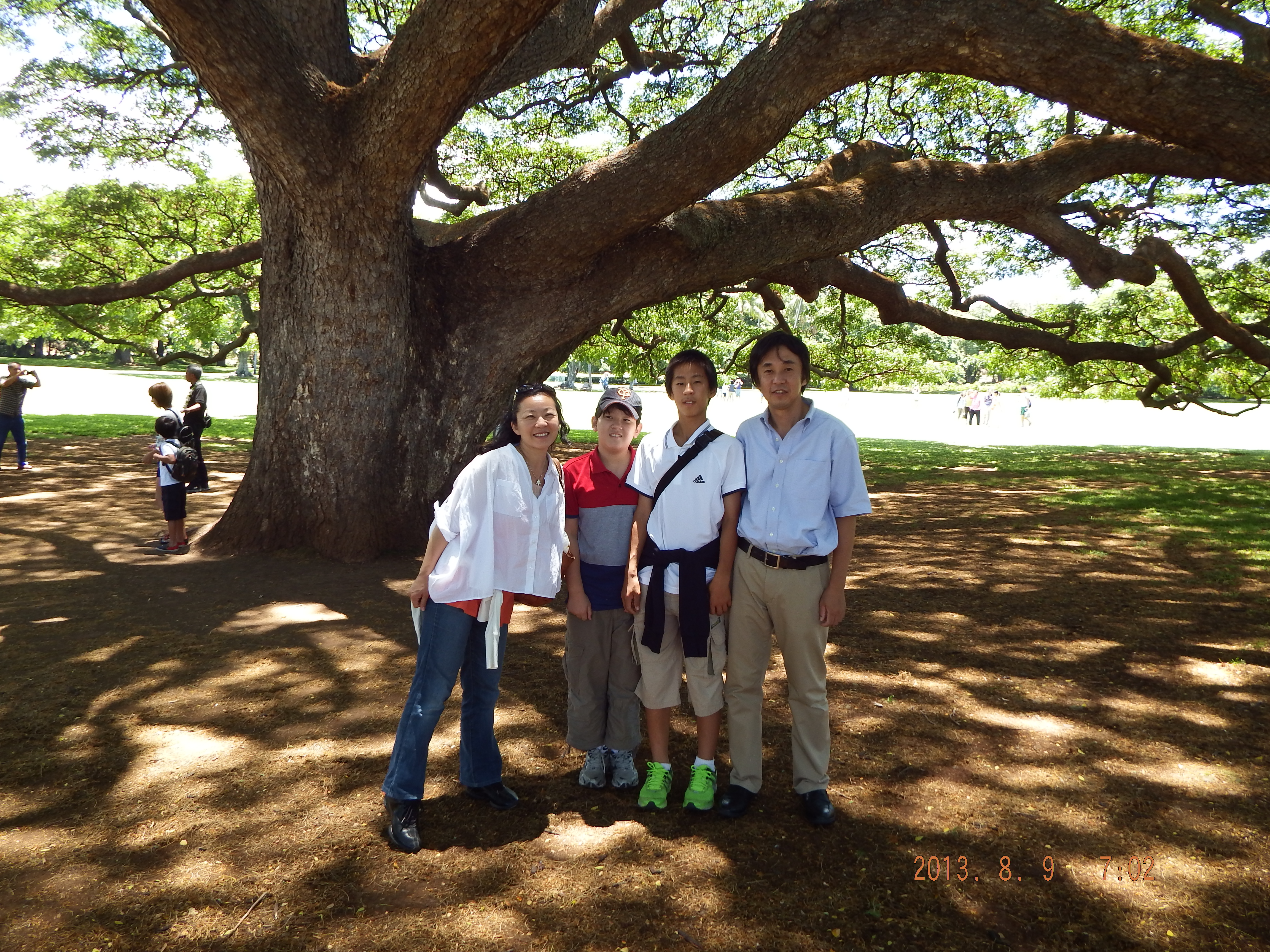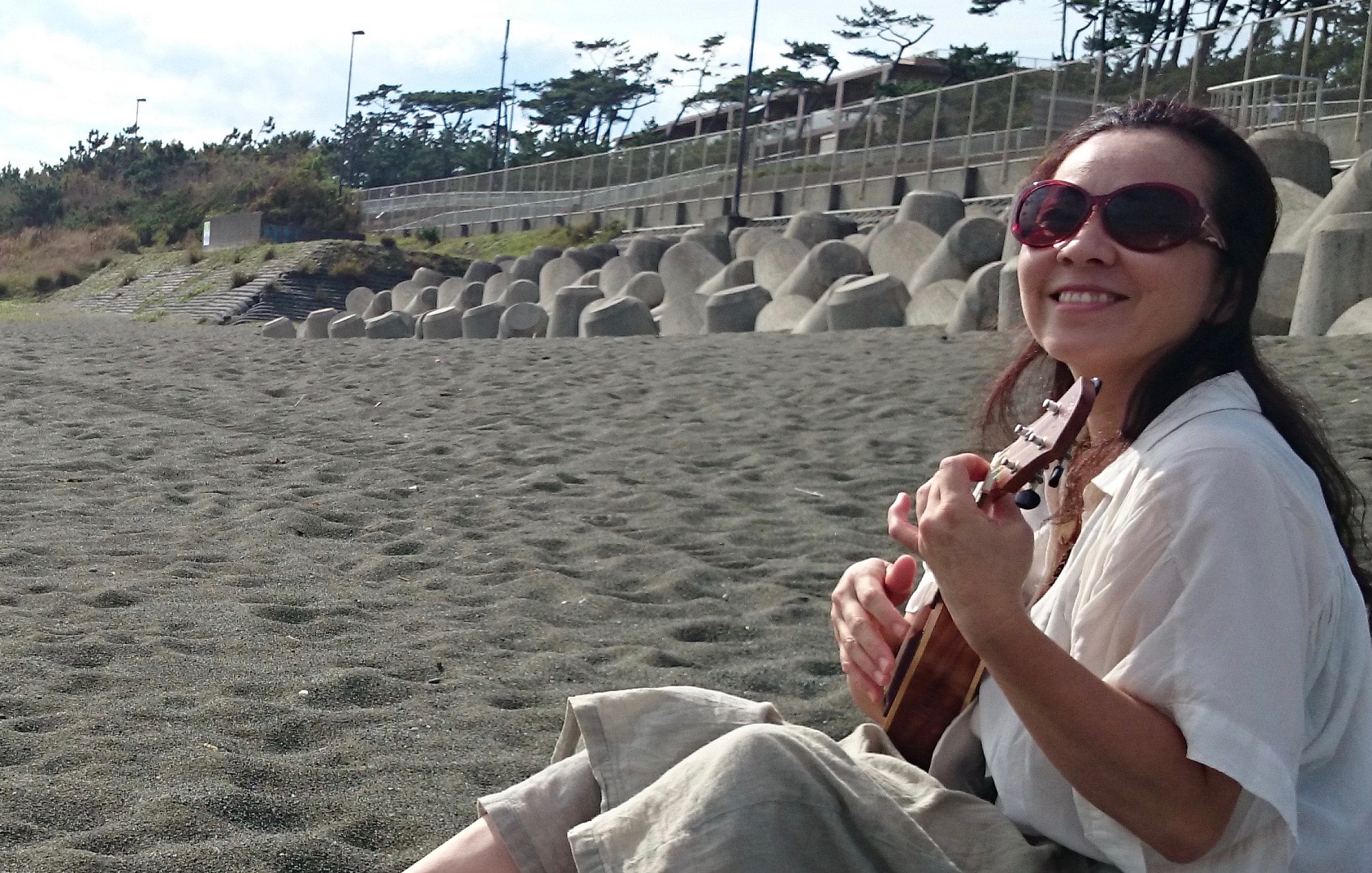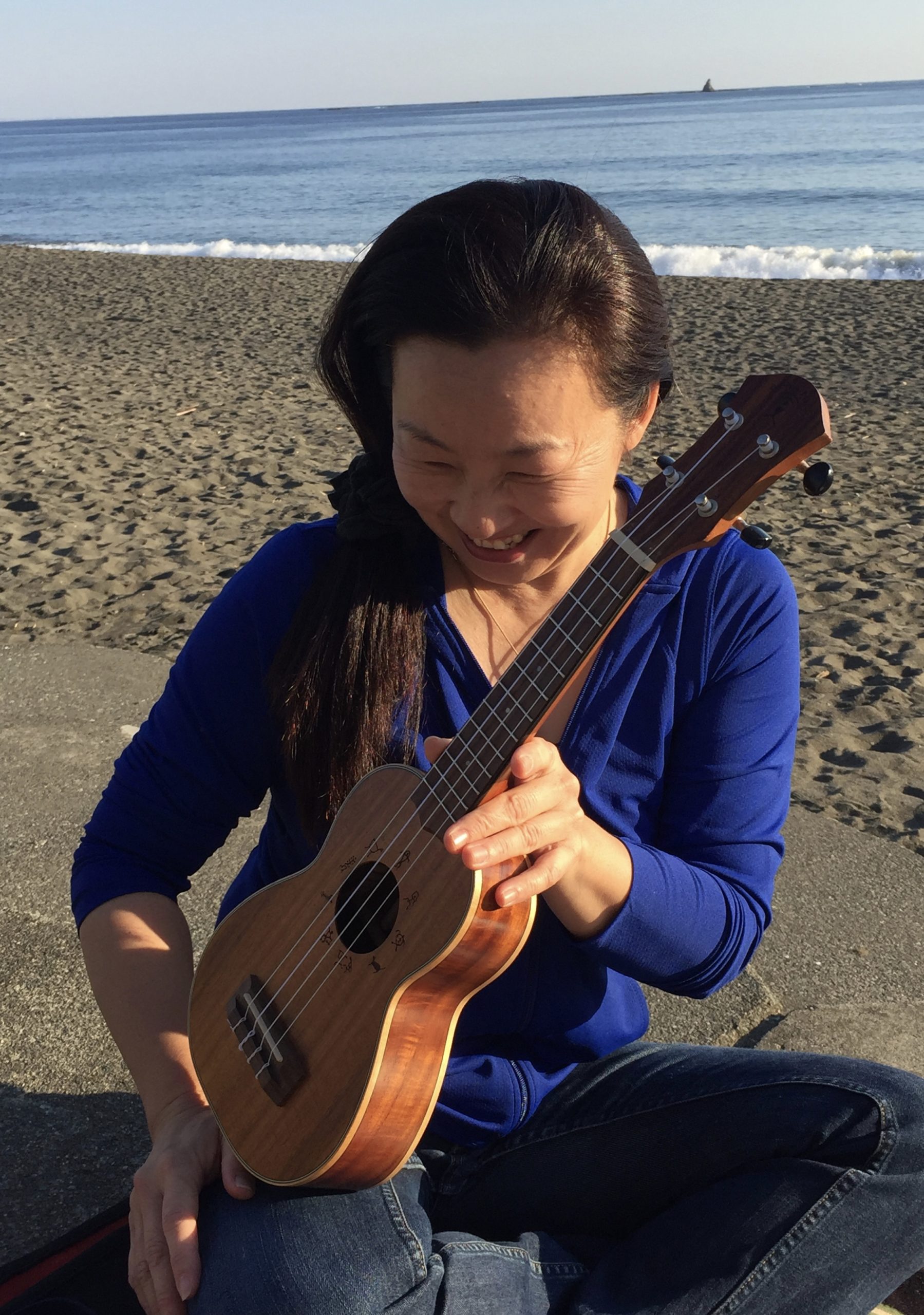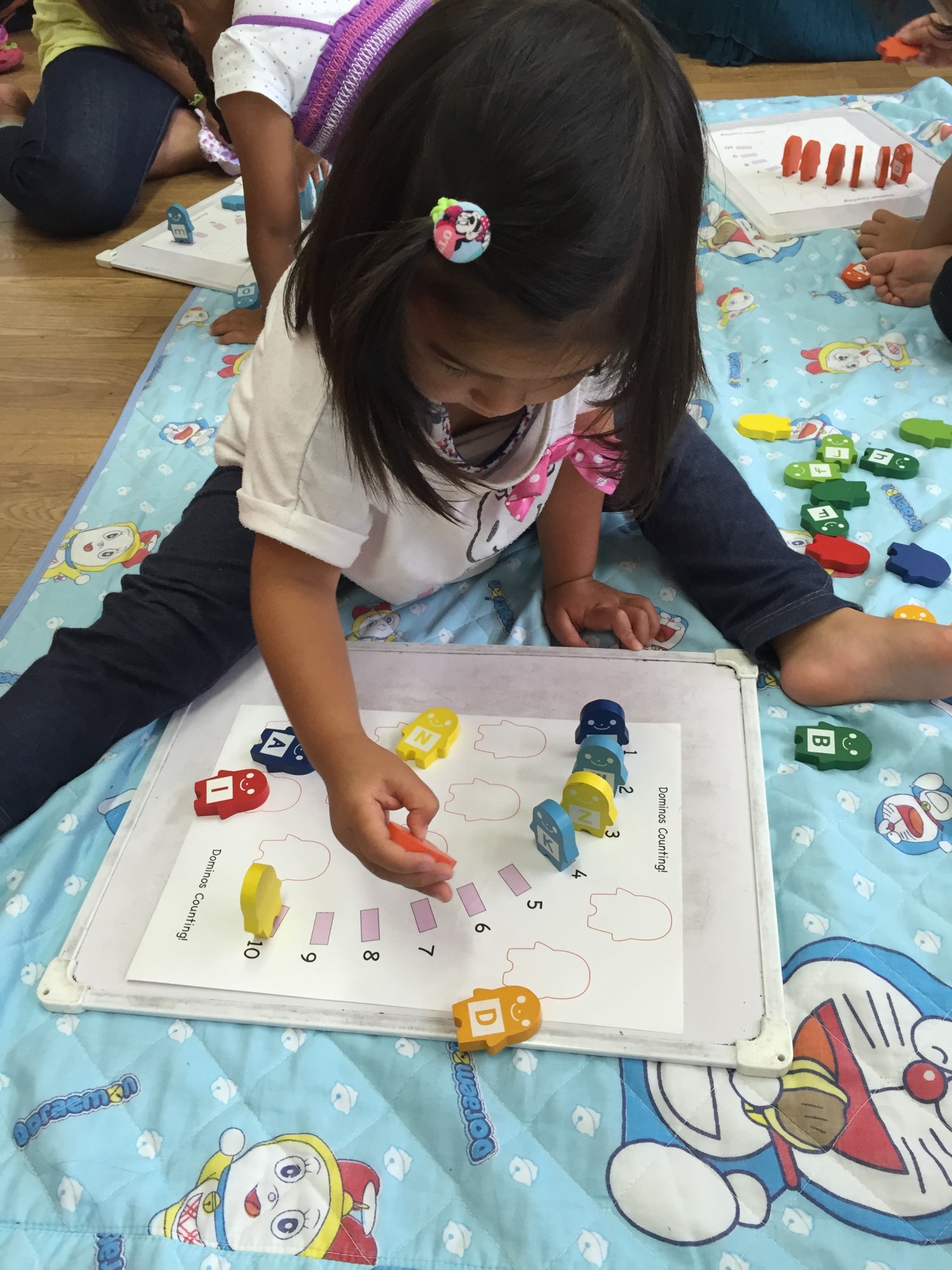What does it take to learn a new word?
I just worked with one of my Junior High School private students. She has been learning English at school now for 1 and a half years, 3-4 hours a week. She still cannot converse in simple sentences like, “I like pizza with tuna fish.” but she seems to catch on how sentences work. It’s hard to tell what she does and does not know. Most of the words I ask her the meaning of she does not know. Wow. simple words like “brush” or “work” or “grandfather.” Where do you start at this level without resorting to ramming random words according to categories like “family” and “verbs” and “school activities?” without boring them?
In my years (since the 1990’s) of teaching English to people of all ages here in Japan, i have found that students remember words that they have strong connections to.
Of course, right?
My son loves camping. He now knows all kinds of camping equipment words! Many of which are beyond my native English vocabulary! Uhh. I haven’t been camping in over about 20 years, so…. no. I’m not going to take up brain space until I need to.
When babies learn new words, notice how they become obsessed with that “one” or “two words” they are “working on.” Recently learn what dogs look like? All of a sudden they are noticing dogs all around them! The more they connect with the word, the more they “see” it, and voice it.
Totally irrelevant, but when I’m thinking about getting new shoes, all of a sudden, I notice how cool everyone’s shoes are (and how dumpy-looking mine are…sigh.)
For my super beginners. I start with objects. I don’t go to sentences. Not even the “I am happy” sentences.
The verb changes and transitions depending on who or what you are talking about will scare most insecure students away.
No. I start with “dog” “cat” … and only things they see around them.
How you slice and dice that new word? (because it’s pretty boring…. yikes!)
The black dog,
the thin dog,
the thin, hungry dog,
the barking dog,
the two-tailed dog at the park,
the two-tailed dog chomping a steak at the park with a four-eared pig
Adjectives, verbs, prepositions are introduced, one by one, without scaring students away with conjugations.
All nouns need an article (a, an, the) or something to replace it with (like my, his, their, etc).
These rules rarely change with the number of objects or time frame.
The subject is not yet “doing anything” but the description of that subject is certainly cool and not boring (depending how colorful you can make that particular subject.)
Another reason why I start with learning how to elaborate on nouns.
In Japanese, the subject is rarely part of a spoken sentence. So Japanese speakers tend to leave out the instigator of sentences.
Whether the subject is spoken or implied, the characteristics of the subject– whether it singular, plural, animate, inanimate makes a difference in how the rest of the sentence is formed. This makes for many easy mistakes in English.
車を洗った。Kuruma wo aratta. This sentence is perfect in Japanese; the subject is implied and need not be mentioned to make sense.
In English, it translates as, “Washed the car.” This is the opposite of TMI. Not enough information. Japanese implies that the subject is I. or inferenced by the rest of the context. Of course, you may do the same with English, as an informal declaration for yourself when you are asked (for example), “What did you do?”
“Me? Washed the car!”
or when ordering someone to “Wash the car!” in present tense.
This linguistic difference is one of the first things that seem to “trip up” my students when they are trying to converse freely. (as opposed to answering test questions or doing drills–which they are often quite good at doing.)
Since they are digging through their own emotions and unrehearsed answers (that are very attached to their Japanese way of perceiving the world), the “subject” of a sentence simply does not occur to them as easily.
I often stick to the “nouns” and ways to describes them for a good 3-6 months of lessons (depending on how often I see them) !
They learn new words that are “relevant to them” and learn how to describe them in interesting ways, with interesting verbs, adjective and adverbs, without worrying about switching things about constantly.
More later!

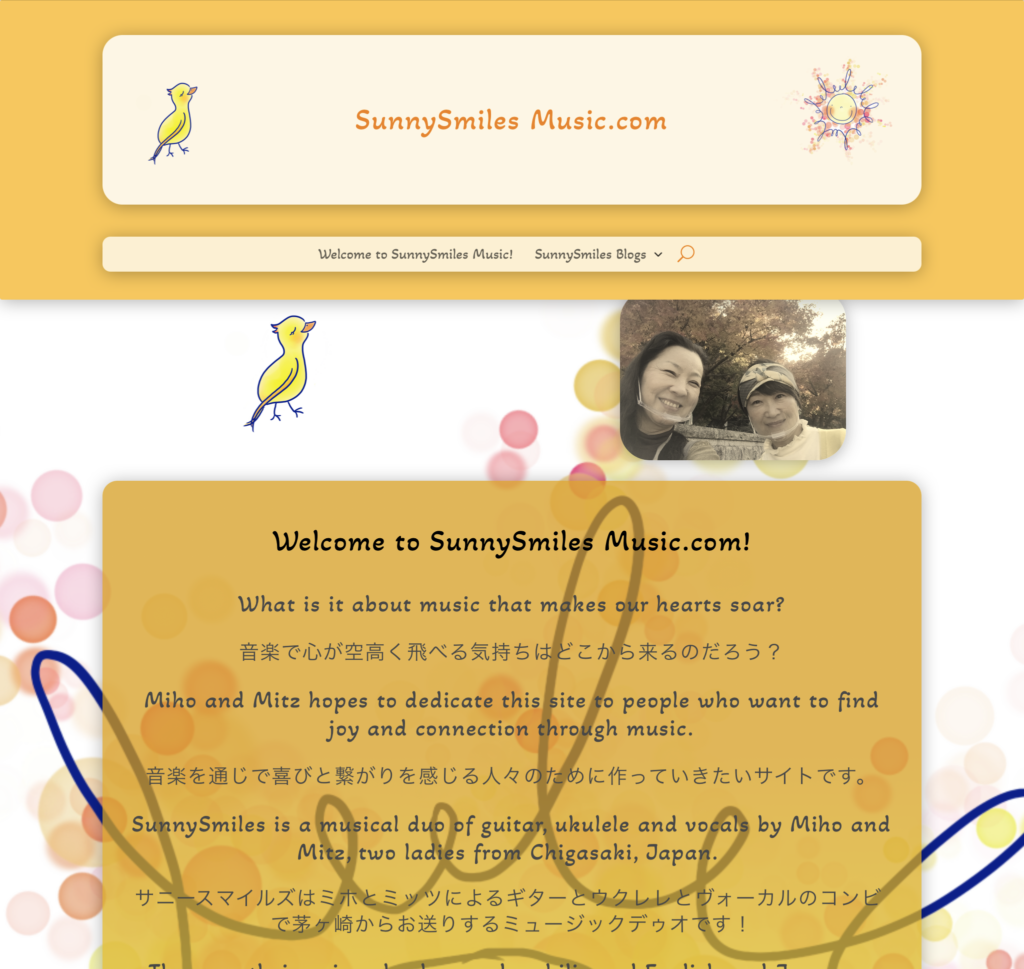

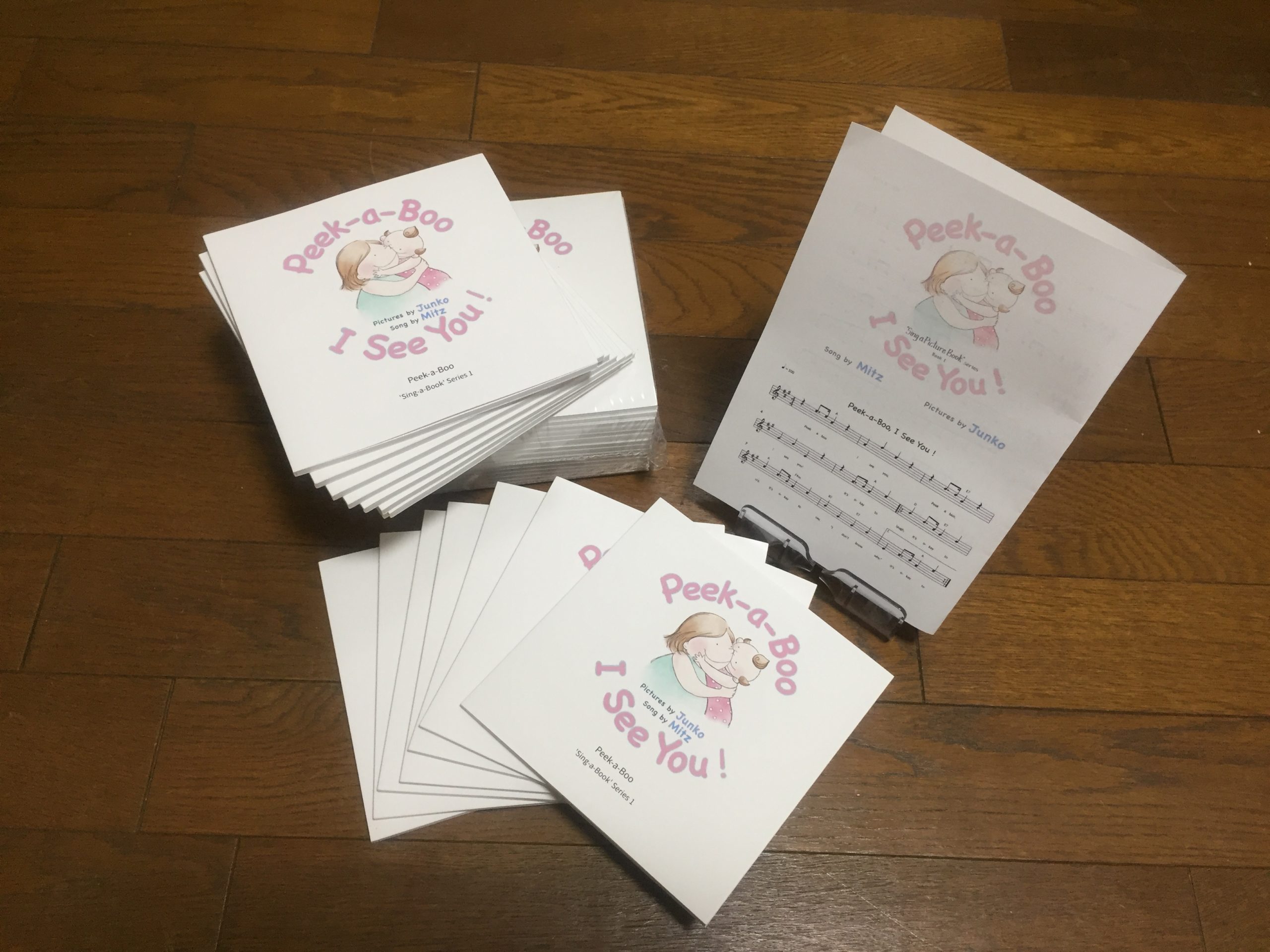
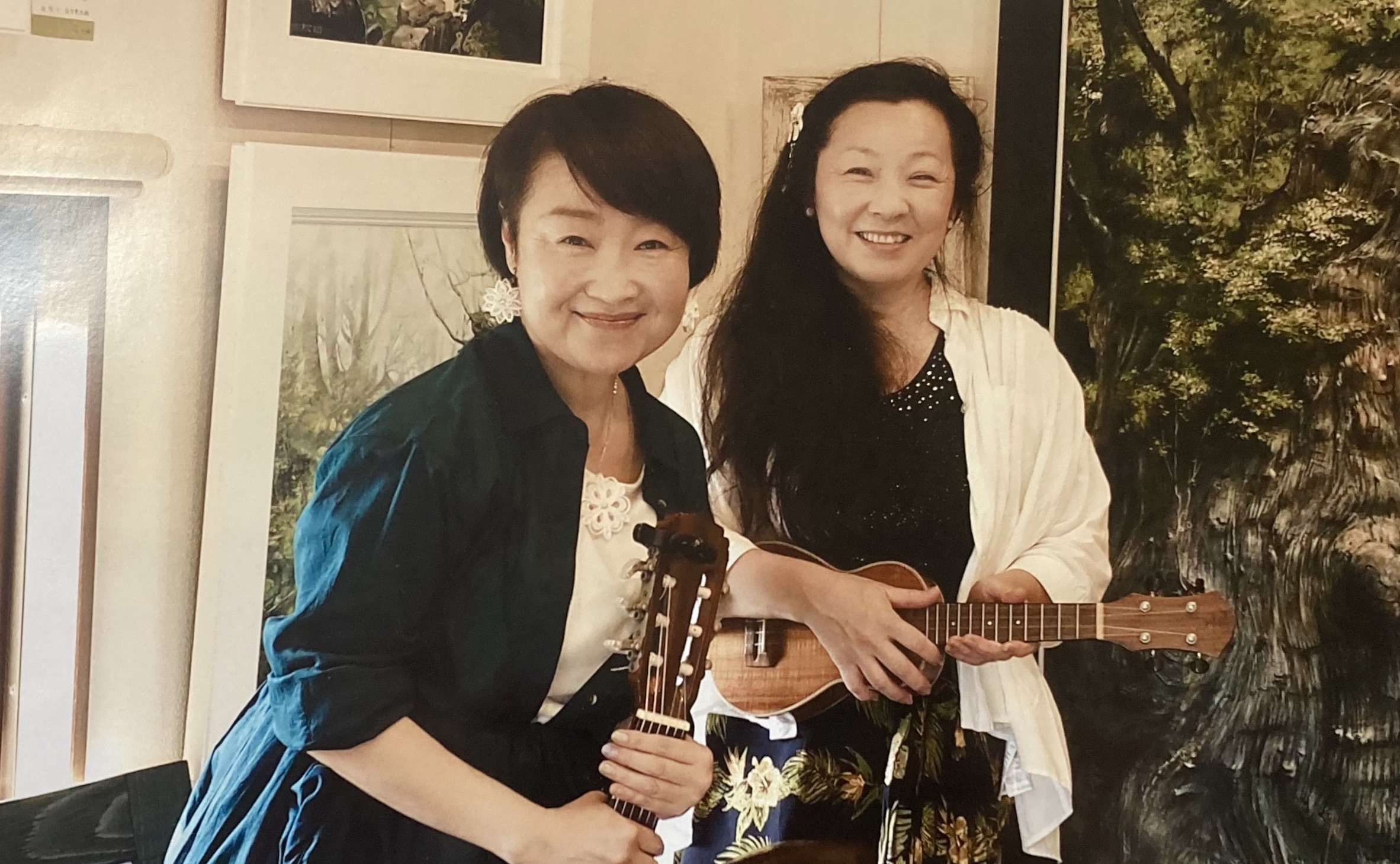




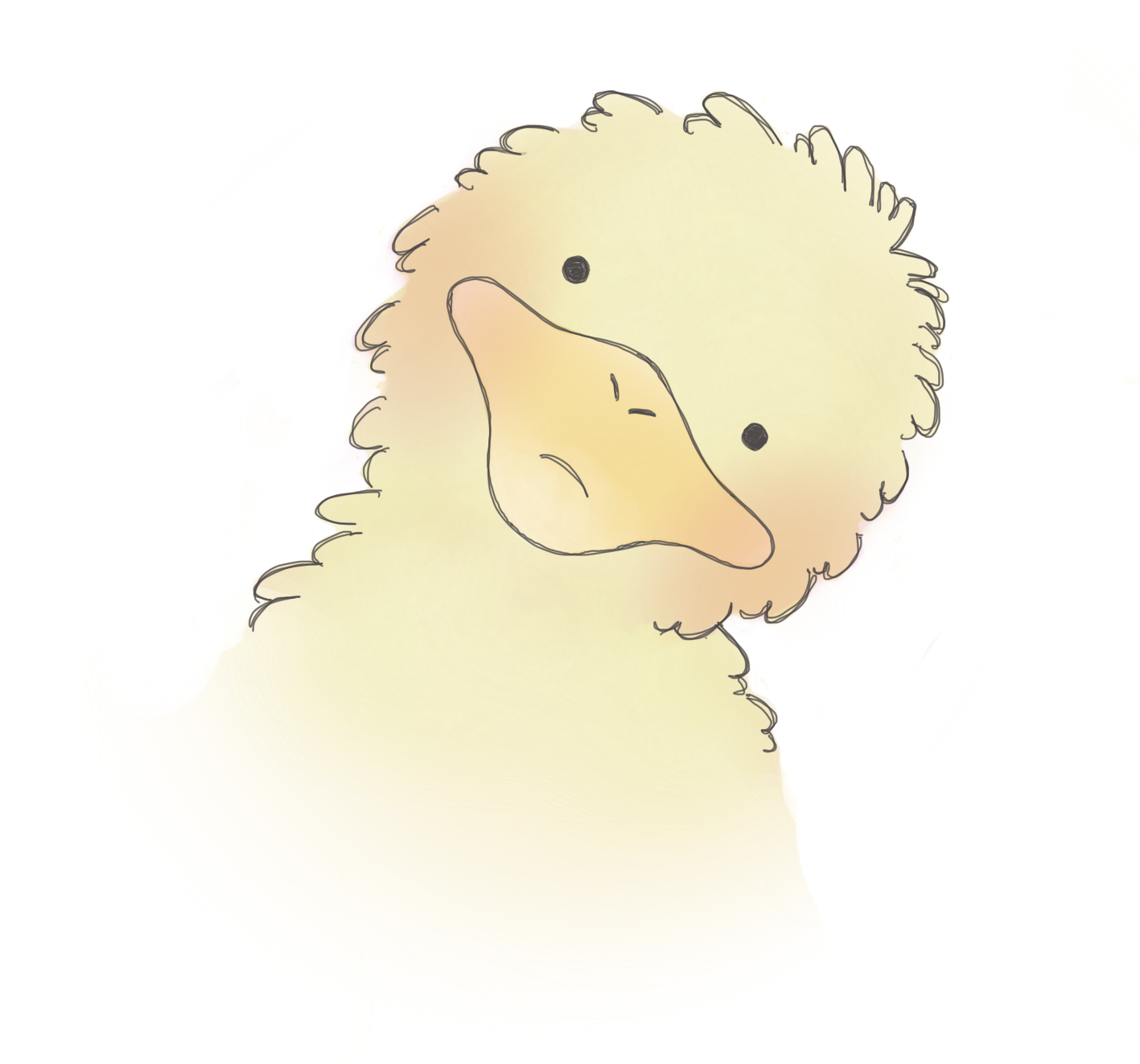
-10.png)
-24-e1616647433218.png)


